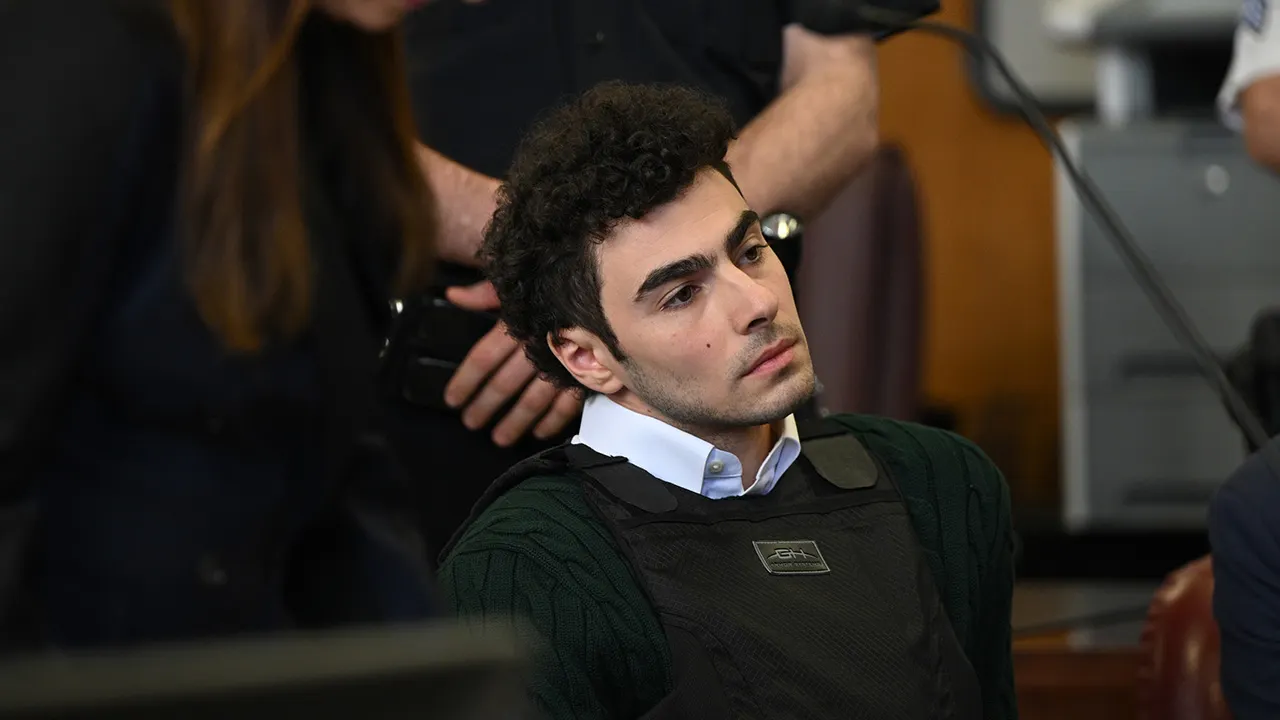The federal judge overseeing former President Donald J. Trump’s classified documents case on Thursday denied initial attempts by Mr. Trump’s two co-defendants to have the charges against them dismissed.
The ruling by the judge, Aileen M. Cannon, was the first time she had rejected dismissal motions by the two men, Walt Nauta and Carlos De Oliveira, both of whom work for Mr. Trump at Mar-a-Lago, his private club and residence in Florida.
Prosecutors in the office of the special counsel, Jack Smith, say that Mr. Nauta, one of Mr. Trump’s closest personal aides, and Mr. De Oliveira, the property manager of Mar-a-Lago, conspired with the former president to hide from the government boxes of classified materials that Mr. Trump had removed from the White House, and then took part in a related plot to destroy security camera footage of the boxes being moved. The men have also been charged with lying to investigators working on the case.
At a hearing last week in Federal District Court in Fort Pierce, Fla., lawyers for the two men tried to convince Judge Cannon that their clients had no idea that the boxes they had moved on Mr. Trump’s behalf contained classified materials. The lawyers also said they needed more details about the evidence against the men than what was contained in the 53-page superseding indictment.
Mr. Nauta’s lawyer, Stanley Woodward Jr., raised an additional claim: that the obstruction statute his client was charged with violating was unconstitutionally vague.
On Tuesday, the Supreme Court heard somewhat similar arguments about that law, which has been used not only against hundreds of pro-Trump rioters who stormed the Capitol on Jan. 6, 2021, but also against Mr. Trump himself in both the classified documents case and the federal case in which he stands accused of plotting to overturn the 2020 election.
In an eight-page order, Judge Cannon wrote that the men’s claims that they were unaware they had moved classified material for Mr. Trump were better suited to be used as defenses when the case goes to trial. The judge also found that Mr. Smith’s indictment had been drafted properly and that prosecutors were “not legally obligated to provide more detail” than what was already in it.
As for Mr. Woodward’s claim that the obstruction law was vague, Judge Cannon wrote that it was “worthy of serious consideration,” but was not enough for her to “conclude that dismissal of the obstruction counts is warranted.”
Judge Cannon has already rejected two of Mr. Trump’s motions to dismiss his own charges, although she has left open the possibility that the claims he raised in the motions could be used as trial defenses.
In March, she rebuffed an argument by Mr. Trump’s lawyers that the Espionage Act, the central statute in the indictment, was impermissibly vague and should be struck down in its entirety.
This month, she ruled that Mr. Trump could not escape prosecution in the case by arguing that he had converted the highly sensitive records he took from the White House into his own personal property under a law known as the Presidential Records Act.
Judge Cannon has still not reached a decision on several other dismissal motions filed by Mr. Trump and Mr. Nauta, and she has yet to set a new date for the trial, which was originally scheduled to begin next month but now seems unlikely to start before midsummer.






